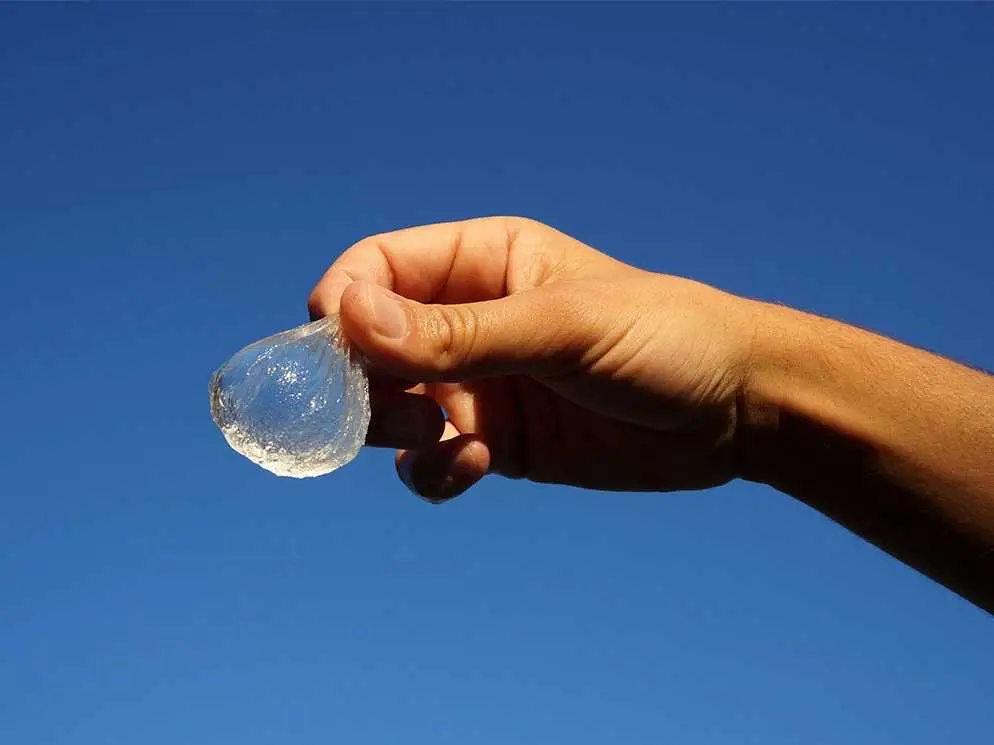Impact of Non-Reusable Packaging on the Environmen
Science

0
Prevalence of Food Packaging
Food packaging is just part of our everyday life -- it's more common to see food packaged than it is in its organic form. Because of it, there is a continuous development of food packaging. For example, countries like Korea have highly developed food delivery systems, which leads to the necessity for good food packaging. With the outbreak of Covid 19 from 2020, even more people have started to use online delivery platforms to order delivered food around the world, which of course requires using a lot of packaging. Good food packaging is directly related to good customer experience, and many stores are focused on finding the best ways to deliver different kinds of food. With the boom of food delivery services, there has been an immense increase in the amount of plastic waste. As evidence, Joong-ang Ilbo has reported that since 2020 the production of delivery containers in Korea has increased 19.7% from the past, which is due to the growth of the delivery industry. To represent the increment as a specific weight, it has increased 92,695 tons to 119, 957 tons.
Environmental Issues Emerging from Packaging Wastes
Although non-reusable food packaging is important and beneficial for the businesses in need, the packaging wastes impact the environment in a deleterious way. It is mentioned in the ‘FoodPrint’, that these negative impacts vary between the type of material of the packaging wastes, but they are commonly non-reusable, which includes materials like plastic. In fact, non-reusable plastic packaging wastes are one of the main contributors to severe environmental issues.
The environmental problems emerging from packaging wastes is not only a major issue in Korea, but also a worldwide problem. ‘Takeaway Packaging’ has estimated that the food packaging wastes in the U.K. will be around 2.2 million tonnes a year, but surprisingly, it has reached higher than the estimation, resulting in 11 billion tonnes per year. According toITP Packaging, these massive amounts of plastic packaging being thrown away, eventually ends up in the ocean floating all around, which is harming marine animals. FoodPrint adds on the problem that marine animals often face is having full of plastics in their stomach. The plastics were found in 59% of sea birds, and from 100% of the sea turtles. Moreover, the University of Plymouth argues that the plastics in the ocean are relevant to the increase of microplastics, which are toxic to organisms. Since plastics ending up in the ground or in the ocean is increasing, the tiny pieces of plastics, also known as microplastics, are a growing concern, as they are toxic to the environment and organisms. As a matter of fact, it is shown by the ‘Plastic Health Coalition’ microplastics could harm animals’ lives, but it could also weaken our human body with DNA damages, and oxidative stresses when it enters our body.
The pollution of the environment can be due to the process of how the packaging wastes are being thrown away. It is mentioned in the article of ‘Client Earth’ that wastes, including plastic, are sent to the landfill or for incineration. Through the process of being incinerated, the toxins are emitted with burning the wastes. Also, when the wastes are sent to landfill, methane and carbon dioxide emission happens. Thus, the packaging wastes can be considered as the cause of pollution, emitting noxious gasses to air.
Current Strategies to Reduce Packaging Wastes
All negative impacts from the packaging wastes are due to the characteristic of food packaging, which mostly uses non-reusable plastic. To combat this problem, there are many companies coming up with different solutions to reduce the production of plastic waste which start by using reusable materials. Since Korea has one of the most advanced food delivery services in the world, Korean food delivery companies have also joined in on the effort to reduce plastic waste that comes from non-reusable food packaging. In consonance with ET News, one of the biggest delivery companies in Korea, Yogiyo, has signed an MOU, Memorandum of Understanding, in 2021 to use a reusable containers, and in order to manage the reusable containers they have collaborated with company,‘ItGreen’. Other parts of the world are enforcing changes even outside of the food delivery service. For example, the Food Tank reported that one of the vegan dairy companies in New Zealand, has come up with a commitment: using only compostable bags and reusable jars. Overall, many food industries are starting to set their own goal to reduce the non-reusable packaging, and the number of companies setting the goal is continuously increasing.
3/11/2023

Share
Dongha Kim
Science

Robinson Review Favorites
Songi Chai, Yubin Cho, Seohyun Jang..
Trending on Robinson Review
Contact Us





